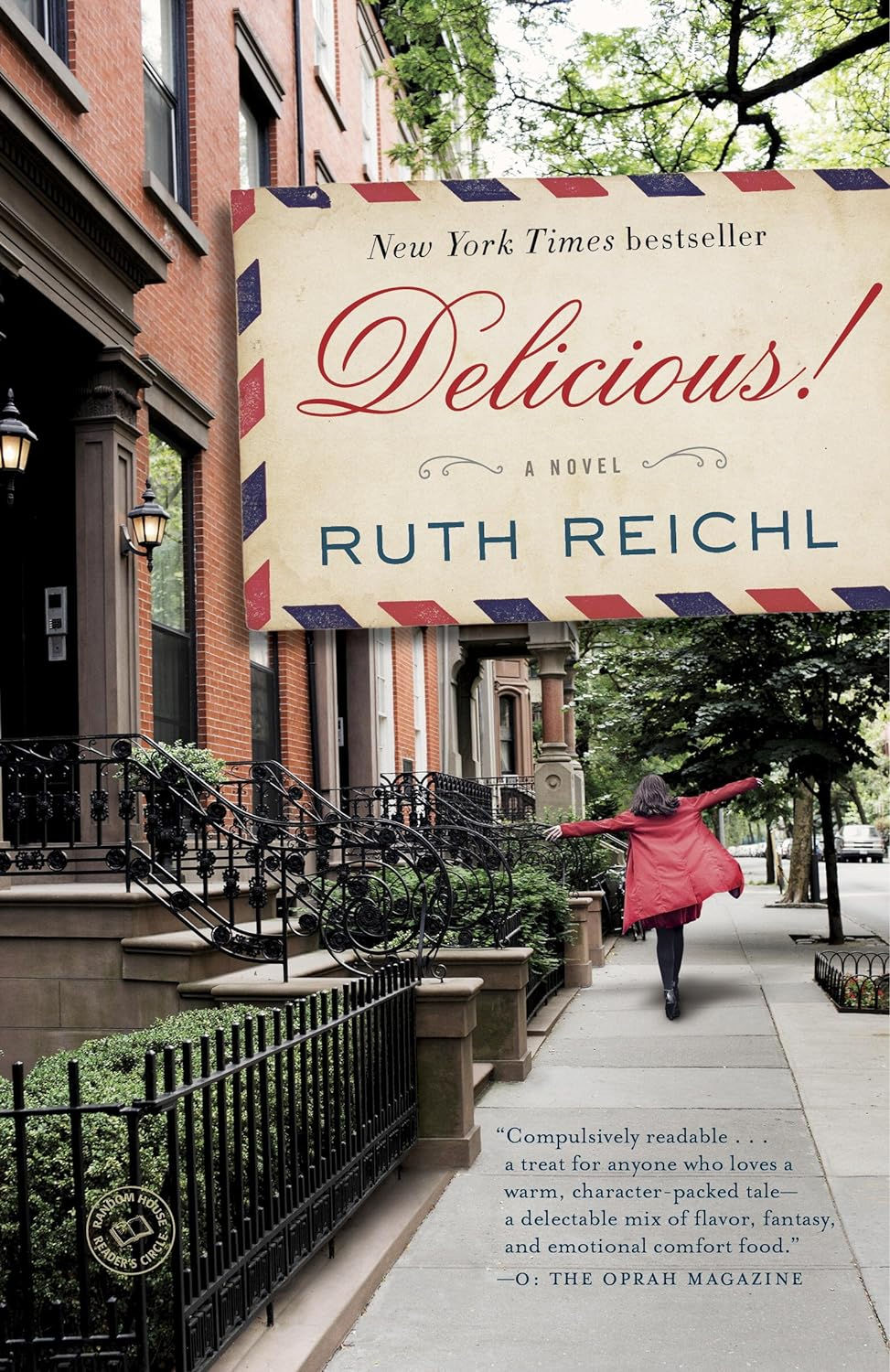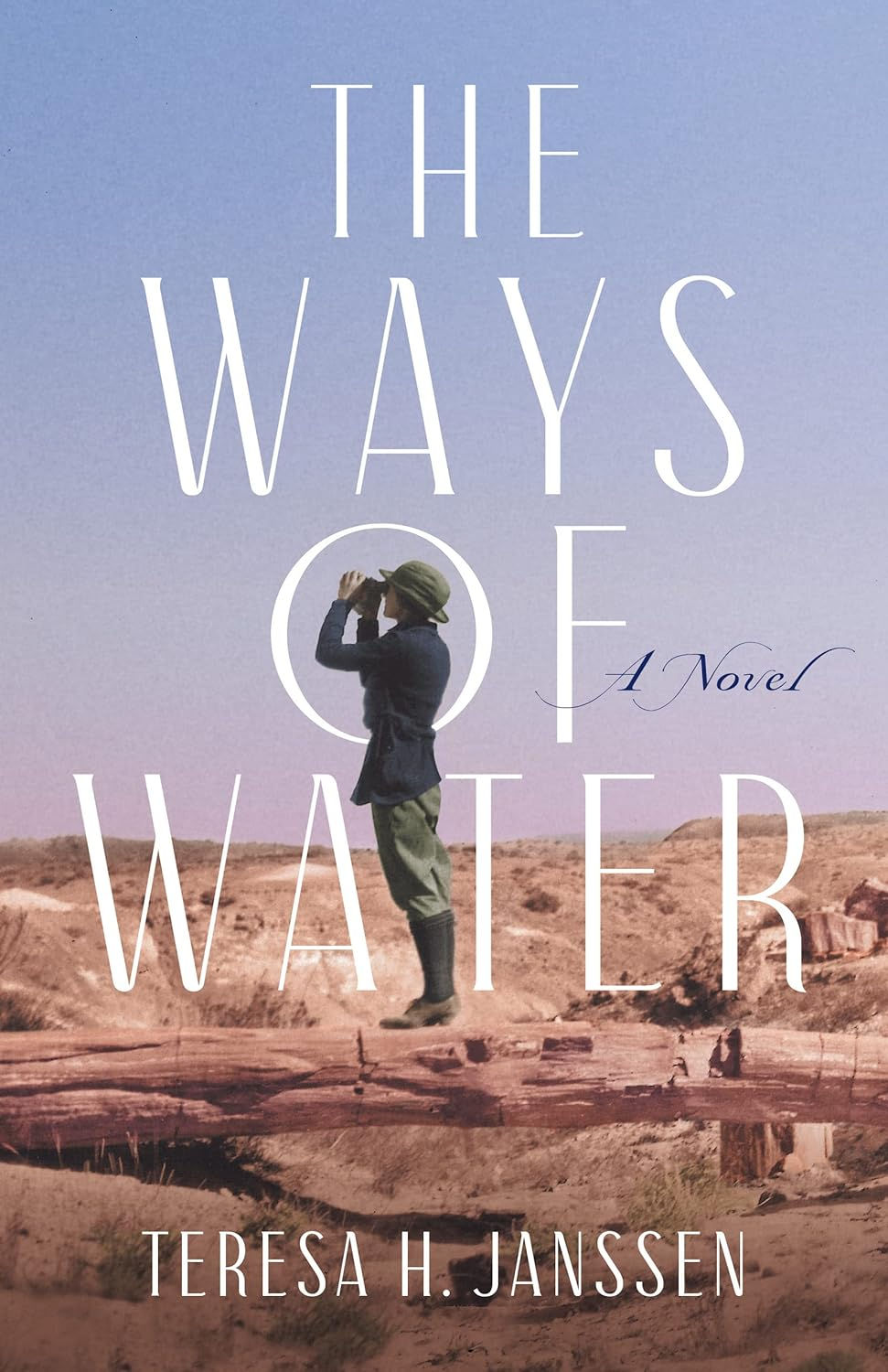Books We Loved, Apr. 2024
- Five Directions Press

- Apr 15, 2024
- 5 min read
It’s always interesting when the Books We Loved overlap in terms of theme and/or approach. That is especially the case in this month’s picks: three novels that include, to greater or lesser degree, characters interacting across racial and ethnic lines—and two of those set, in whole or in part, in Kerala. They also range in approach from historical fiction to historical mixed with contemporary to magical realism. But whatever their individual characteristics, they are all great reads. Find out more below.

Geraldine Brooks, Horse: A Novel (Viking, 2022)
In Washington, DC, in the year 2019, Theo, a young Black man with a PhD in Art History, makes a chicken stew and brings it and a condolence card across the street to the home of his White neighbor when he learns her husband has died. Since no one answers the door, he leaves his offering on the stoop. Later, it is returned to his stoop, with the neighbor’s note saying she doesn’t like chicken. Thereafter he sees from his window when she begins dragging her deceased husband’s possessions out to the curb for trash pickup. When he notices her struggling with a recliner, he dashes across the street and body blocks the chair just as it is about to topple. The neighbor demonstrates her gratitude by waving an arm at the junk pile and mumbling “anything you want…” Theo doesn’t want anything at first glance. But then he sees a painting, old and covered over with grime, of a horse.
Theo takes his painting to the Smithsonian for cleaning and evaluation and meets Jess, a young White woman with degrees in Zoology who works there studying the bones of various animals. Their chance encounter further confirms that even a well-intended liberal White woman can harbor an innate distrust of a Black man under the right circumstances. The relationship they nonetheless embark on is energized by the fact that Jess’s current project is reassembling the bones of a horse. Between chapters that follow the progress of her effort and the evaluation Theo receives regarding his painting, the book moves to 1850, where Jarret Lewis, a young enslaved horse groomer on a Kentucky horse farm, is granted permission to care for a thoroughbred foal that actually belongs to his father, a horse trainer who bought his own freedom and hopes someday to buy his son’s freedom too.
Horse is a stunning and magnificent historical novel. The horse at its center of the story, Lexington, was a true part of history. The book’s movement back and forth in time, from Theo and Jess’s relationship to Jarret’s relationship with Lexington, is graceful and well-paced. Jarret’s willingness to do whatever is necessary to keep Lexington from harm, even when it means he will endure punishment for his actions, told as it is against the backdrop of the beginning of the Civil War, is especially gripping. Horse is about art and science and thoroughbred horse racing in the antebellum South. It is also about racism, as it exists now and as it did then. Brava to author Geraldine Brooks for writing so honestly about this issue in a time when so many writers seem to be tiptoeing around sensitive subject matter. Horse, as history, is illuminating. As entertainment, it is unputdownable.—JS

Sandra Byrd, Mist of Midnight (Quaystrokes, 2023)
Rebecca Ravenshaw has already endured more than most women in their early twenties ever have to handle. It’s 1858, and she has just returned from India, the only home she can really remember, to her birthplace of Great Britain. She has no choice: the daughter of missionaries killed during what is now known as the Sepoy Uprising, Rebecca has no means of support other than her inheritance from her father, a rural estate called Headbourne House. So imagine her surprise when she contacts her father’s solicitor and discovers that a woman purporting to be Rebecca Ravenshaw has already laid claim to the property. The imposter died within months of her arrival, leaving the estate to Captain Luke Whitfield—a distant cousin.
Undaunted, Rebecca goes to Headbourne House, determined to prove her identity. There she encounters hostility and disbelief, but also a mystery. Who was the imposter? How did she die? The locals say it was suicide, although they can’t explain what led the young woman to take her own life. Meanwhile, Rebecca finds herself increasingly drawn to Captain Whitfield, the one person who had everything to gain from the imposter’s—and her own—death.
This is a Gothic romance in the style perfected by Daphne Du Maurier, Victoria Holt, Catherine Gaskin, Susan Howatch, and so many others. It’s well done, with richly developed characters and a fresh take on the genre, not least because Rebecca herself is largely free of the prejudices against people of South Asian descent that so characterized her peers. She is as fluent in Tamil and Malayalam as she is in English; she misses the spices and colors and comfort of home; she plays the sitar, not the piano. And although she occasionally dashes into dangerous situations, alone and after dark, she keeps her wits about her and recognizes the perils that she faces. All in all, a very enjoyable read.—CP

Abraham Verghese, The Covenant of Water (Grove Press, 2023)
A meandering marvel of a novel, The Covenant of Water at first appears to be medical doctor and author Abraham Verghese’s foray into magical realism. The story about multiple generations living in India’s lush and watery Kerala region begins with the marriage of a young bride to a quiet, much older widower. After years of observing her husband’s choices of longer and troublesome overland routes, when a shorter journey would be available by boat, she begins to wonder why he avoids rivers. The shocking and tragic drowning of her young stepson in shallow water gives her the courage to ask her husband directly. He confides a family secret—among his ancestors and relatives, there are often cases of drowning. There seems to be some poorly understood familial condition that makes them prone to disorientation in water.
She goes on to bear her own son. As family matriarch and wife of a prosperous landowner, the tiny “Big Amachi” thrives among her quirky relatives and cherished household help, but she still prays to God for an answer about the mysterious ailment that took her stepson’s life.
From that point on, the story diverges, like a river with many tributaries, introducing an array of characters, including an emotionally damaged but ethical Scottish surgeon, a Swedish doctor who is inspired to found a treatment center for lepers, and a wealthy widower with a tea planation and an artistically talented daughter. Throughout the novel’s more than seven hundred pages, these evolving characters interact with each other in surprising ways, until the last hundred pages bring us back to the Amachi’s question and provide an answer at once medically grounded and yet somehow mystical.
Dr. Verghese’s passion and knowledge about medicine is exceeded only by his wonder at the diversity of people and his deep compassion and belief in his characters.—GM




Comments